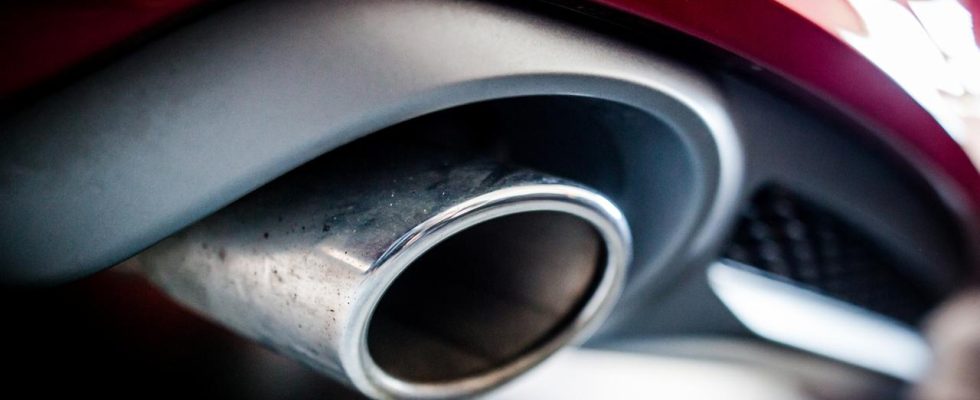There is resistance to the decision to end combustion engines in the EU. The German Lühmann Group has announced that it will take legal action against parts of the EU regulation: the EU plan is “driven by ideology, not by facts”.
According to a report in “Welt am Sonntag”, a German company wants to sue for the first time against the ban on internal combustion engines decided at EU level. The Lühmann Group, which is active in trading synthetic fuels, wants to overturn parts of the EU regulation passed in March, according to which newly registered cars must be emission-free from 2035.
It sounds “nice to only allow emission-free cars,” said Lorenz Kiene, the head of the Lühmann Group, to “Wams”. However, the EU’s plan is “driven by ideology, not facts.”
In particular, the company criticizes the fact that the EU only considers cars that do not emit any exhaust gases to be emission-free. But it makes “no sense to only measure emissions from the exhaust,” said Kiene. Instead, CO2 emissions should be “recorded over the entire life cycle of a vehicle”.
All new cars in the EU should be emission-free from 2035
A regulation was passed at EU level in March stipulating that newly registered cars must be emission-free from 2035. Combustion engines that run on synthetic fuels, so-called e-fuels, are not. However, because the CO2 emitted during the production of the fuels is taken from industrial plants or from the air, they are considered climate-neutral in the balance sheet if the electricity used for production was produced using renewable energies.
Above all, the FDP around Federal Transport Minister Volker Wissing wants to rely on e-fuels to make cars with combustion engines climate-neutral.
However, synthetic fuels have so far been considered very expensive and highly inefficient in terms of efficiency – especially in comparison to electric cars, which can use the electricity directly to drive them. Wissing had long opposed the EU regulation and called for “legally binding” commitments that new vehicles powered by e-fuels could still be registered after 2035.
The EU Commission is currently still working on implementing these requirements. A technical difficulty here is that it would have to be ensured that the relevant vehicles are actually fueled exclusively with e-fuels.

